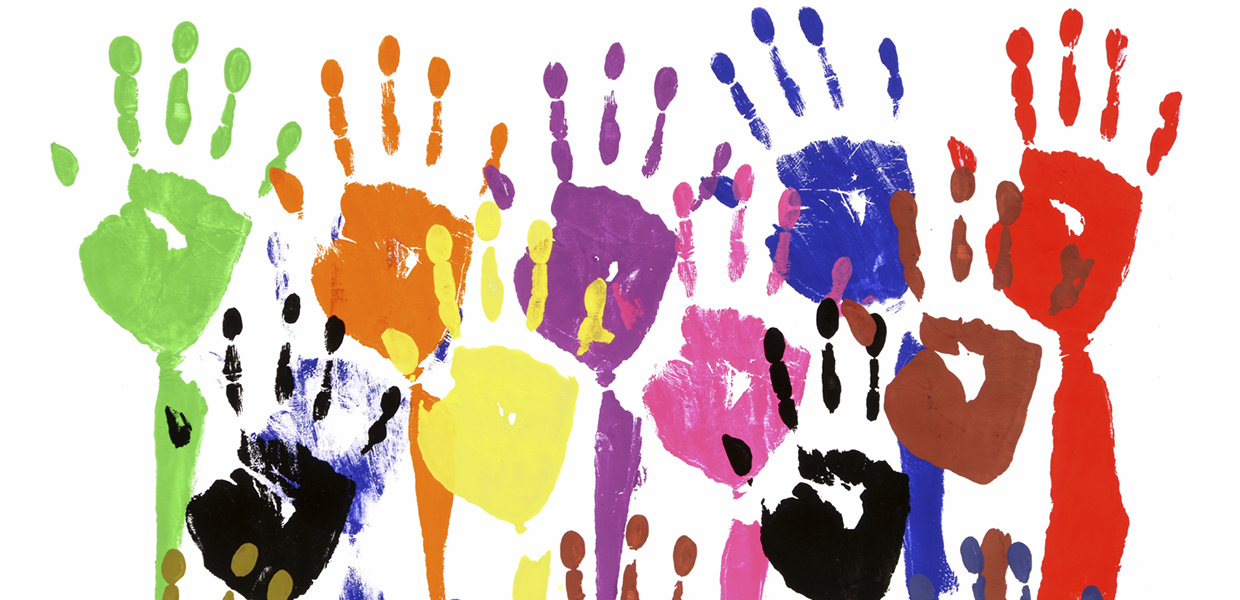
Marketing in different cultures is fraught with dangers if you are not careful. We would like to suggest some steps that can be taken to ensure your marketing is received as you intended it.
- Calling Out Competitor
In the United States, hardly anyone bats an eye when one company insults another in an effort to market products or services. These types of “ad wars” have proven effective for those selling soft drinks (Coke vs. Pepsi), computers (Apple vs. Microsoft), or cars (Ford vs. Chevy). But in other cultures, making fun of another person or company is not acceptable. In Japan, China, and other countries in Asia and the Middle East, when one company publicly casts aspersions on another it can actually cause a loss of respect for both companies and can make customers feel uncomfortable.
- Me or Us?
Some of the most successful marketing slogans in the United States are those that tell people how a product will make them feel special, stand out from the crowd, be better than the rest.In other cultures, however, advertisers tend to focus their campaigns on how products benefit and include everyone. There may also be a tendency to depersonalize messages in favor of highlighting a more holistic view of the world, reflecting the notion that it’s not just about winning or being the best, but about being part of it all.
For example:
– Everyone loves McDonald’s (Japan) versus I’m lovin’ it! (McDonalds)
– Everyone’s invited (Samsung, Korea) versus Think Different (Apple)
- Gestures and Expressions
When it comes to marketing, it’s not safe to assume that any gesture or facial expression means the same thing across cultures. This includes dozens of behaviors including how we point, what we do with our hands and arms when talking, when it’s appropriate to smile.. Something as common as the American “okay” sign may cause problems in countries like Brazil where an inverted okay sign is a way of saying “screw you” and in France it can imply that something is worthless. Bottom line: if you are including images or video of people in your ads, take the time to figure out how certain gestures, postures or expressions could be misconstrued by your audience.
- More Than Just a Number
A lucky number in some cultures might be the mark of doom in others. Many US hotels don’t have a thirteenth floor because of negative associations, but in Japan the fourth floor is often skipped for similar reasons. The number seven is considered lucky in many cultures, but so are other numbers. The reasons why numbers are perceived differently across cultures can be related to various factors – from historic events, cultural mythology, or their similarity to other words (“four” in Japanese sounds like the word “death” and “eight” in Mandarin sounds like the word “wealth”). Choose your numbers wisely to minimize fear and maximize rewards.
- Wrong Translation
We all know that translation errors can range from funny to embarrassing to offensive. They can also lead to costly mistakes. For example, advertisers hoping to target consumers in Hispanic communities in the United States first translated Got Milk? into Spanish as Are You Lactating? Not the kind of milk they had in mind. Of course, it’s not just words that can be mistranslated – symbols can as well. When Nike released its flaming air logo on the back of its Air Bakin’ sneakers in 1997, it was deemed disrespectful by many because it looked very similar to the way Allah is written in Arabic script.Mercedes-Benz entered the Chinese market under the brand name "Bensi," which means "rush to die." When translating words or using symbols across cultures, check your interpretation with someone who is not only a native speaker, but who is from the particular community or region you are targeting. KFC made Chinese consumers a bit apprehensive when "finger licking good" was translated as "eat your fingers off." In Germany, Clairol launched a curling iron called "Mist Stick", being unaware that "mist" is German slang for manure, which is definitely not what they meant.